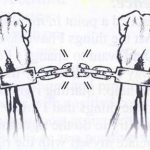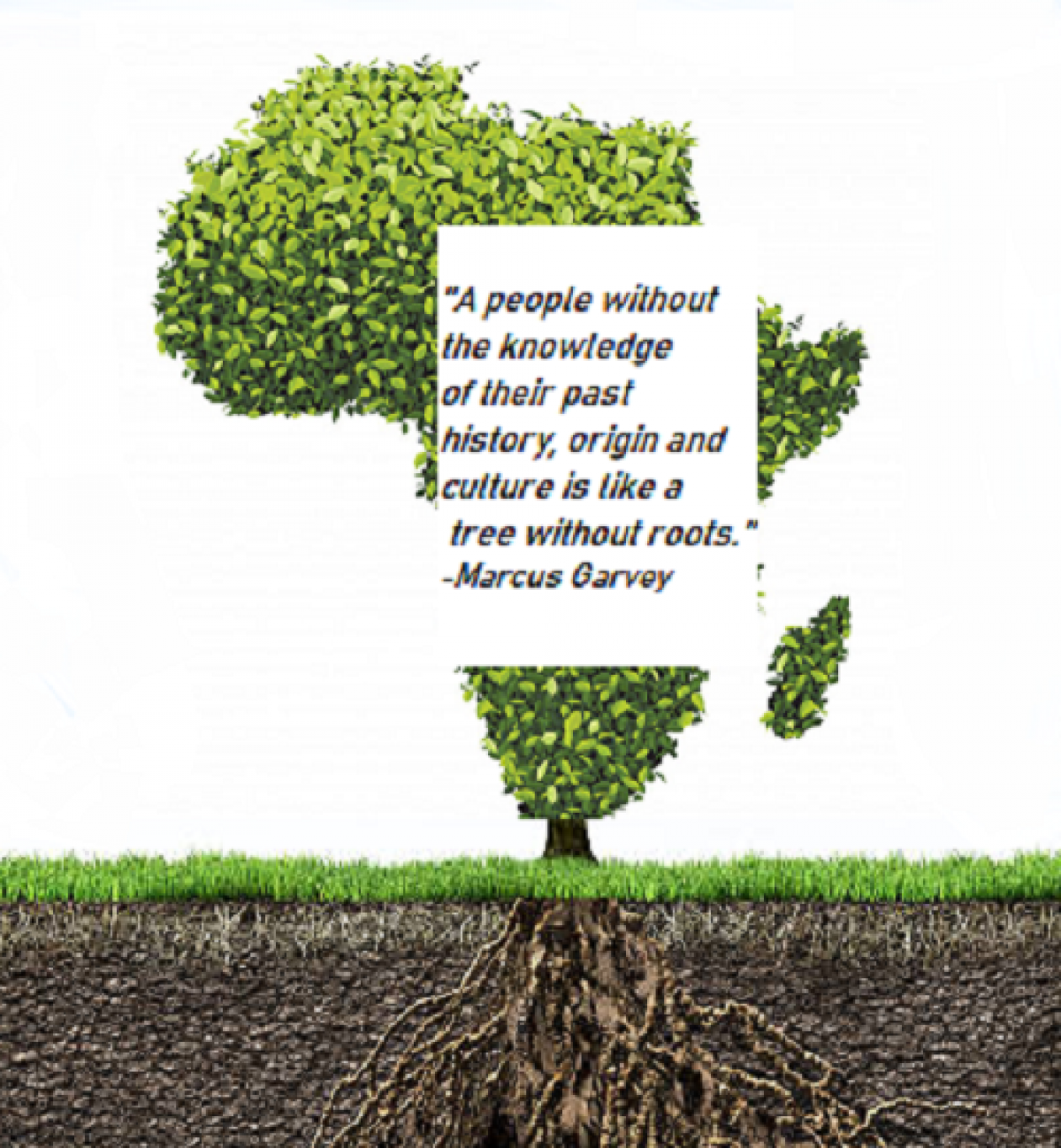 Abolition of Slavery in the USA on 31st January 1865. A bitterly divided U.S. Congress on 31st January 1865, arrived at the narrow decision at the end of the Civil War, to abolish slavery throughout the United States.
Abolition of Slavery in the USA on 31st January 1865. A bitterly divided U.S. Congress on 31st January 1865, arrived at the narrow decision at the end of the Civil War, to abolish slavery throughout the United States.
Many in the Union were opposed to Emancipation even towards the end of the civil war in January 1865.President Lincoln issued the Emancipation proclamation.
The abolitionist movement had been relatively unpopular in the North until during the years leading up to the civil war. The Northeastern economy was dependent on southern slavery indirectly because their industry, shopping and finance depended heavily on the cotton trade for their success. Midwestern farmers profited greatly from transporting food to slave plantations in the south.
At the height of the war, President Lincoln issued the Emancipation proclamation, and in doing so he was releasing a message that Emancipation should be an outcome of the civil war, but the union controlled congress did not act. This was because Emancipation was unpopular among the Northern public and the union soldiers had gone to war for the purpose of preserving the union.
Few had abolitionist sentiments and not ready to sacrifice their lives for the sake of blacks resident in the Southern states. The emancipation Proclamation caused a political backlash across the union.
CHANGE OF MINDSETS AND ATTITUDES IN THE NORTH OVER TIME RESULTED IN ACCEPTANCE OF EMANCIPATION FOR BLACK PEOPLE
Over a number of years and following four years of war, the Union soldiers lead the way in changing attitudes concerning emancipation. Union troops saw first-hand the courage and determination of slaves to live free lives and of black union troops to risk everything to live in freedom.
The Northern public had also changed having heard for many years from soldiers and journalists about the horrors and reality of southern slavery as well as the determination of those who strived to be free from slavery. The war had therefore provided ample opportunity for North to overcome prejudice and ignorance about black Americans and for them to gain understanding and appreciation; The north heard about the underground railway of blacks working to transport and therefore free slaves From the South.
Hearing about Harriet Tubman’s liberation pursuits and that of other all Black regiments excited the northern public to no end. Despite all this, it was still a struggle to win emancipation as nearly two years after Lincoln’s first emancipation Proclamation on June 15, 1864, the northern public’s elected officials in the U.S. House of Representatives rejected the 13th Amendment to the Constitution in a vote. Thus they repudiated the notion that the South’s slaves should be free as a consequence of the war. President Lincoln and his black and white abolitionist allies persisted and continued campaigning for their emancipation cause. They were able to win votes by offering incentives in relation to other issues.
When the House of representatives voted about the 13th Amendment again, the case for emancipation won the vote narrowly only by 2 votes.
“The rest is history: President Lincoln signed the measure the very next day, and by year’s end, the necessary three-fourths of the states had ratified the amendment, bringing it into force and ending slavery by law throughout the United States.The text of the Thirteenth Amendment reads as follows:
Section 1. Neither slavery nor involuntary servitude, except as a punishment for crime whereof the party shall have been duly convicted, shall exist within the United States, or any place subject to their jurisdiction.
Section 2. Congress shall have power to enforce this article by appropriate legislation.The practical effect of this amendment was immense. The Emancipation Proclamation had created a patchwork of territories in which emancipation existed, at least in practice, under Union military control, and most northern states had ended slavery by law, at least by the end of the Civil War. But the adoption of the Thirteenth Amendment extended emancipation by law, for the first time, through the nation, coast to coast, north to south, and did in practice ensure freedom for millions of Americans and their descendants.” Quote from tracingcentre.org Source Tracing Centre
Source: tracingcentre.org

